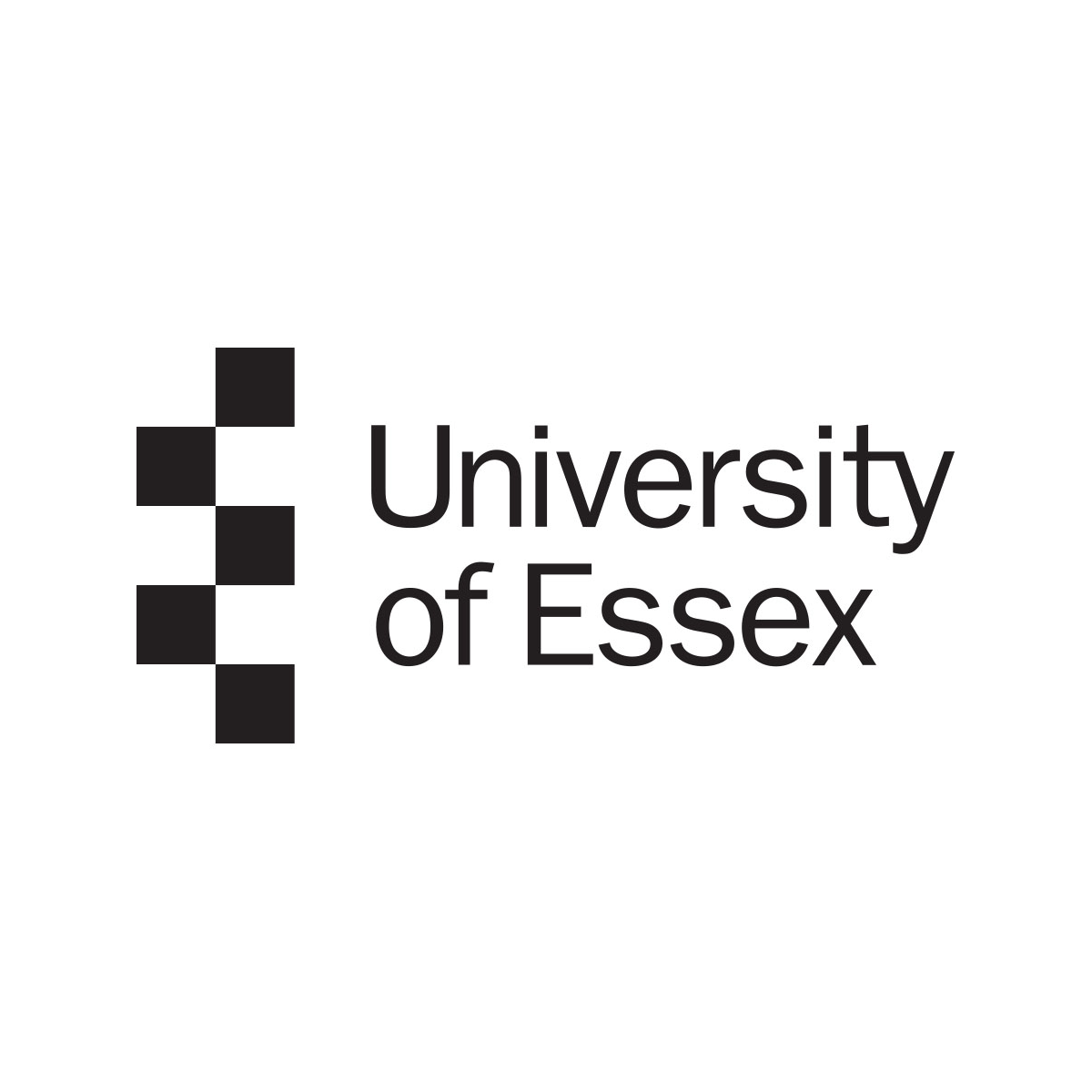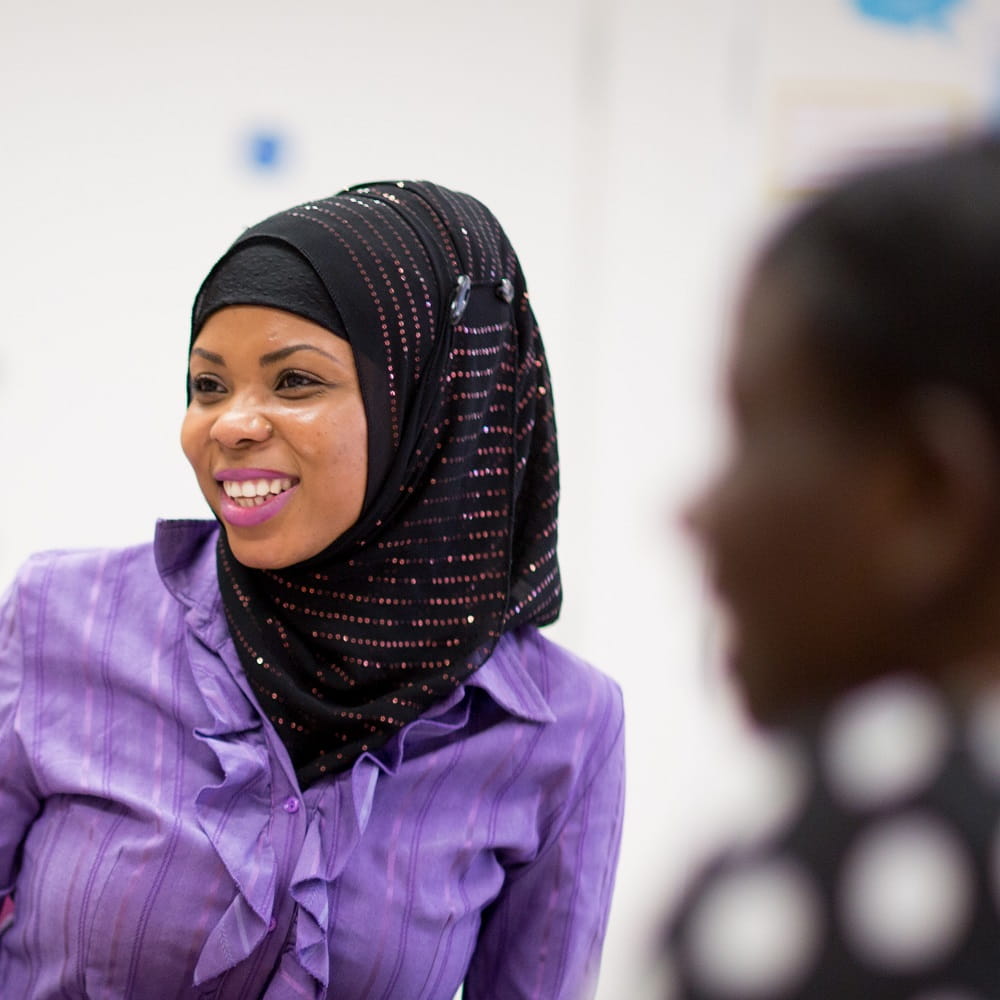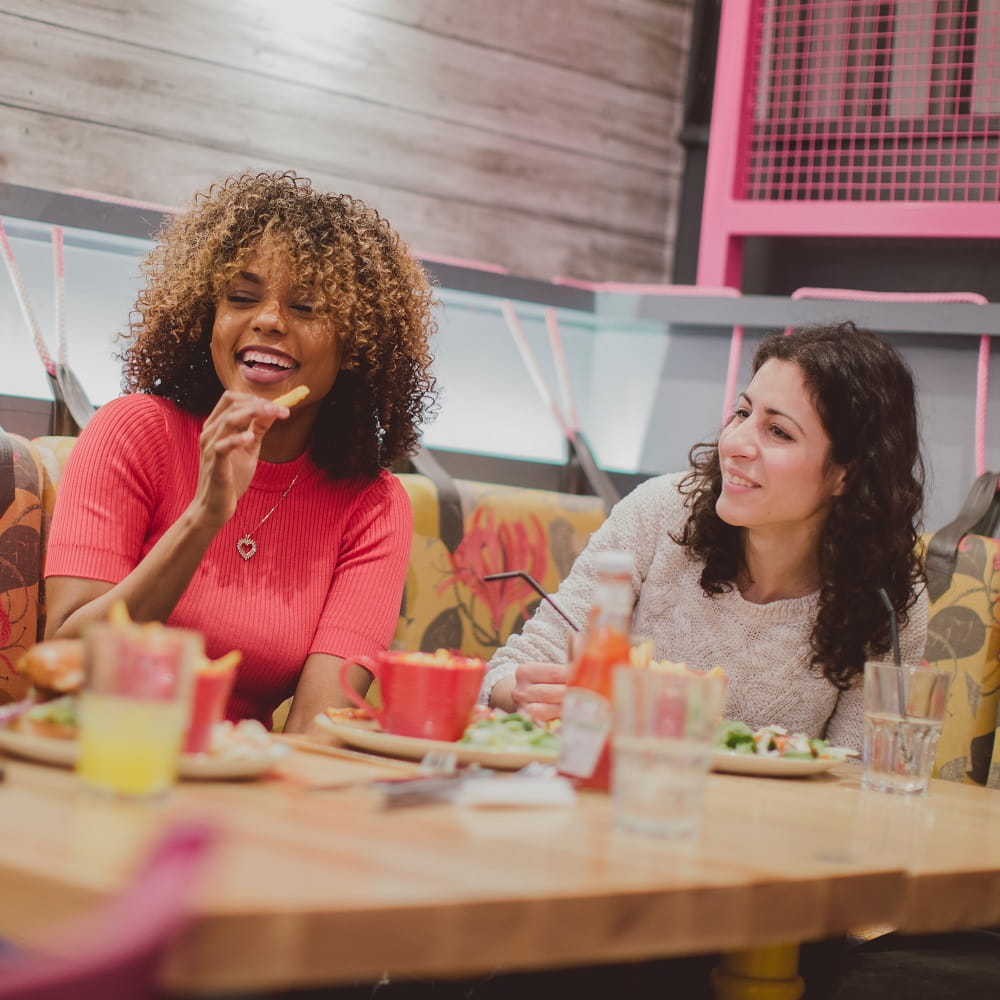Race equality at Essex
.jpg?mh=1000&mw=1000&hash=ED50F6E0406EDB0065D65FD9AAB74E44)
Ai Gooch is an Academic Liaison Librarian, specialising in Business and Law. She supports our staff and students in subjects such as information and digital literacies, business partnership, and decolonising the curriculum. She has an MSc in Information Science and an MA in Cultural and Social History.
Ai is also a member of our Race Equality Charter Self-Assessment Team. Here, she tells us more about her work on the REC SAT, and about her own experiences of life and work at Essex.
How did you get involved in the REC SAT project?
The previous project lead approached me back in 2019 because I was involved in the Achieving Potential Group, and because I completed the Diversifying Leadership programme in 2017.
Why is this work important to you?
I know this sounds naïve, but ultimately, I want students and staff from Black, Asian and Minority Ethnic backgrounds at the University of Essex to be confident that they will be treated with respect and judged according to their merits. People may not often experience explicit racism (so I should hope) but racism can be subtle. This is something you cannot talk back but instead it makes you constantly doubt your ability and the people around you. It is exhausting and debilitating.
What have been your personal experiences of inclusion (or lack of it) in your professional career? And at Essex specifically?
The world of academic librarianship is still very white, but I think that the profession is more tolerant to diversity and inclusion than you think (although I do not know what other professions are like). The sector is keenly aware of the issue of recruitment, retention, and progression of ethnic minority staff, and trying to address the issue.
At Essex specifically, I have met some great colleagues both in the library and across the University, some of whom became my personal friends, mentors, sponsors, some inspired me, or some took a chance on me and I am very grateful to them. Unfortunately, I have had some not-so-great experiences too. Something like people pronouncing my name wrong (AI short for artificial intelligence, or Al short for Albert, or Ali comes at the top of the list) doesn’t really bother me, but it does make me uncomfortable if I am excluded because of my race. Once I was singled out in a training course because I was the only non-white participant. The instructor said to everyone, ‘they don’t use a race card to Ai, for example, do they Ai?’ It was a long time ago, but I still remember my feeling of being the odd one in the room.
As an academic liaison librarian, how does your work support increased inclusion at Essex?
The library does do a lot in terms of inclusion (eg accessibility support, LGBTQ+, neurodiversity) but if we focus around race, one of the most relevant things we do is the decolonisation of the library, which we have been working on for a few years. We have been trying to diversify our collections, to give voices to the voiceless (this is what a student said in our recent event, and I am plagiarising it!). We’ve had student assistants for the last couple of years who have led several engagement events, conducted a survey, produced a video, and undertook ‘deep-dive’ activities in the subject areas identified through the survey and engagement events. The deep-dive activity is about taking a closer look at particular areas of the library collections. This may lead us to purchase more resources simply because we don’t have many books in that area or different resources to introduce different views on the subject. Alongside this, we created a guide to support academic staff decolonising their curriculum, and my colleague is also delivering a session on inclusive citation where we examine what kind of voices we are hearing in our assignments and research. We have recently purchased big primary source collections such as Black Historical Newspapers, Ebony Magazine Archive, and Slavery, Abolition and Social Justice. We are also actively seeking student and staff input to our collection through the purchase suggestion form.
Tell us about your career path. Did you always want to be an academic librarian? How did you get into this role? What would you say to students who were interested in pursuing something similar?
I am embarrassed to admit it but I first got a job in the library because I thought that working in a library would be quiet and calm, surrounded by books, which is probably how many people think of a library and the work of a librarian. I am sorry to say this is far from the truth. However, I fell in love with the complexity, depth, and varieties of work available to the profession, and how we contribute to the success of students and staff in the University. For example, I have never thought that I would have to talk in public, but over the last seven or eight years, teaching has been one of my core roles as a librarian. I also develop instructional resources (eg videos, online tutorials, quizzes), and I have especially enjoyed learning coding. I organise events, I meet students and academics, and I look for resources that could support teaching and research and make business cases to the leadership team. Besides my involvement in the Decolonising the Library project, I do hope my presence makes a different image of librarianship and some students from Black, Asian or other ethnic minority backgrounds get interested in working in the library world!

.jpg)

